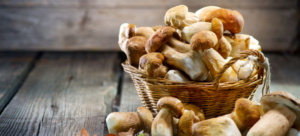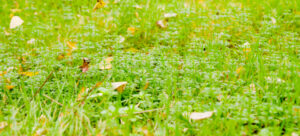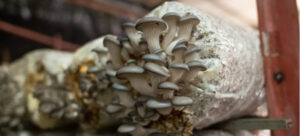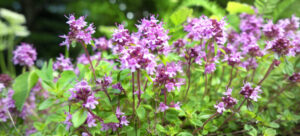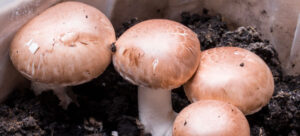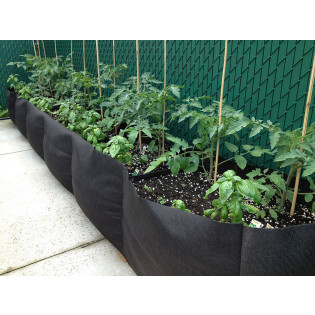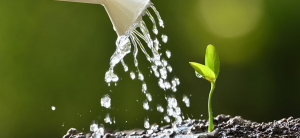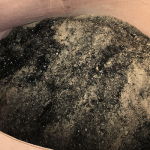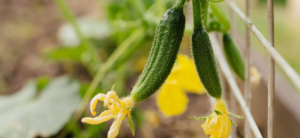
If you’re planning out your garden for the season, you might be wondering what kinds of plants you should include - and part of this will be understanding annual vs perennial plants.
In this article, we will explain what are perennials and are annuals. By the end, you will be confident in the differences.
The decision in which plants you’ll grow will probably come down to your preferences of color, texture, and bloom time.
However, understanding the difference between these two classifications of plants is incredibly important. It will be even more important if you’re wanting to grow plants that continue to bloom year after year.
Each is best suited to various growing conditions, and there’s no single best kind of plant for everyone. We’re going to teach you everything you need to know about both annual and perennial plants in this blog post.
What is the Difference Between Annual vs Perennial Plants?

The difference between perennials and annuals is a simple one. Annuals live for just one year, while perennials come back and bloom year after year.
There’s no set amount of time that perennials can last. However, most return for at least three or four consecutive years (some seem to last a lifetime).
It’s somewhat more complicated than that, though. Sure, perennial plants typically survive through winter and come back vibrant as ever in each subsequent year.
For a plant to be considered a perennial, it must be able to survive more than two years in a row.
Many perennial flowers don’t even begin blooming until they’re well-established, taking their time to set strong roots before they do so. From there they will usually have yearly spring blooming.
As a result, you might not see flowers on your perennial plants until they’ve been in the ground for multiple growing seasons.
How Hardiness Zone Affects Perennials vs Annual Plants
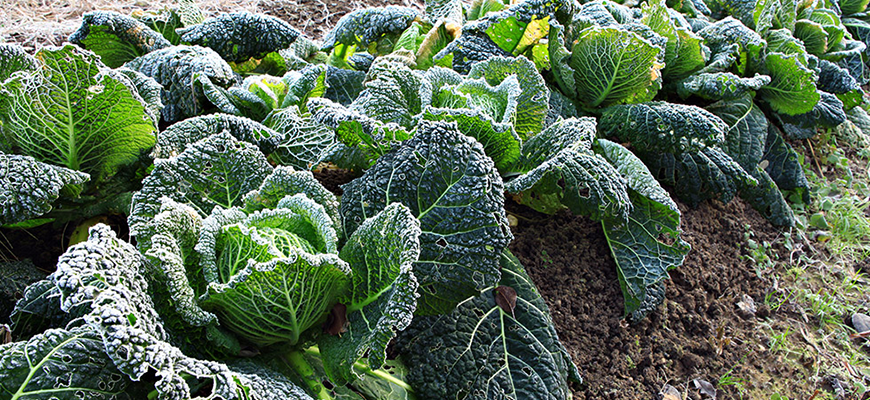
Just as there are hardy annuals whose success is wholly dependent on your hardiness zone, so, too, are there hardy perennials.
Hardy perennials are those that will survive easily in your growing zone, even during the harshest winters.
A tender perennial is a plant that is hardy and can survive the winter and regrow for multiple seasons in many places - just not where you live. If you buy a plant that is categorized as a hardy perennial, you will likely need to dig it up and bring it inside over the winter months.
For example, you might find tender perennials that are tropical, meaning they are from warm zones like 10 or 11 (or even warmer). Although the plant is truly perennial, it will not survive the winter in your specific hardiness zone.
This is why learning your hardiness zone is so important, as it directly contributes to which plants you can grow and when.
Do Annual Plants Come Back Every Year?
Unlike perennials, annuals do not come back every year. Annuals must be replanted year after year, as they’ll start from seed, grow rapidly to a state of maturity, bloom, set seed, and then die.
If you live in a cold growing zone (like zone 5 or colder), you will likely find that there are more plants that are annuals than those that are perennials.
That’s because most annuals grown in areas with short growing seasons will be killed off by frost before they reach the end of their life cycles.
Can’t remember the difference between annual and perennial plants? Here’s a simple trick - if you are growing annuals, you will have to replace them on an annual basis. Easy enough!
Can Annual Plants Become Perennial Plants?

Wondering if your favorite annuals can morph into perennials? Well...kind of. But it depends! There are two kinds of annuals - true annuals, like cosmos and sunflowers, and tender perennials (plants we treat like annuals in a specific growing zone).
If you’re growing a true annual, it cannot become perennial. However, if you are growing a tender perennial, you can bring it inside, give it plenty of light during the winter, and return it to the great outdoors once the weather warms, allowing it to continue its cycle for many years to come.
Some people get confused because they see plants described as hardy annuals. Hardy annuals are those that have a longer life expectancy than most annual plants and can survive a mild winter climate.
Whether those plants can become perennials where you live will again depend on your hardiness zone and specific climatic conditions.
Setting Up An Indoor Growing Space For Colder Months
If you want to try and keep plants alive through the winter and replant in the summer, you’ll need to learn about indoor growing. This complete guide, linked previously, is a good place to start.

We sell complete grow tent kits, which are the best way to grow plants indoors. They include everything you need to grow plants in a closet, garage, spare bedroom, or shed:
You can add on additional essentials, such as a hydroponics system or pots & soil, accessories/upgrades, harvest supplies, etc.
But if you are just looking to keep your tender perennial plants alive, you just need the basics - light and ventilation. You are going to be best off with a T5 grow tent kit or low wattage LED grow tent kit.These lighting technologies are the best for this style of growing. If you want to learn more about these, check out our article on the best grow tent kits of the year.
Do Perennials Spread?

Unlike annual flowers that need to be replanted, perennials die back and then regrow from the same roots the next growing season.
Many perennials can be used to fill in gaps in garden beds because they spread out and multiply in each subsequent growing season.
If you're looking for perennials that will give you more bang for your buck in later years, you might want to consider fast-growing and easy-spreading perennials such as:
- Balloon flowers
- Bugleweed
- Clematis
- Creeping thyme
- Black-eyed Susan
That said, if you’re short on space, there are some perennials you’ll want to avoid, too, as some can take over the garden in what seems like no time.
If you’re working with limited space, avoid fast growers and easy sprawlers like anemone, mint, yarrow, and daisies - or grow them in containers so you can limit their spread.
What is the Easiest Perennial to Grow?
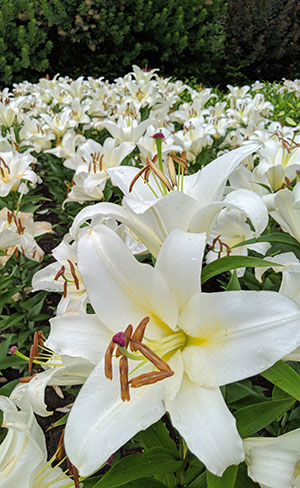
Perennials are prized for their hardiness and ability to come back year after year - seemingly with little to no effort on the part of the gardener.
While this is true, there are some perennials that are easier to grow than others. If you’re on the lookout for an easy perennial to grow, you will want to first consider your growing zone.
This will determine the cold-hardiness of your plants and help you make an informed decision as to which plants will be best for you.
The best plants for an Arizona garden won’t be the best plants for an Iowa garden. However, some of the best and most popular perennial plants include:
- Hostas
- Coneflowers
- Black-eyed Susans
- Lilies
- Peonies
- Sedums
- Bleeding hearts.
Easy-to-grow annual plants, on the other hand, include varieties like zinnias, snapdragons, sunflowers, and petunias.
What Perennials Grow the Longest?
There is no short answer to the question of which perennials grow the longest. Ultimately, it will likely come down to your plant's hardiness zone.
The USDA hardiness zones range from 1 through 11, with 1 being the coldest and 11 being the warmest.
A hardy perennial is one that will survive in your growing zone. To make things even more confusing, there is one more type of plant you need to consider - and that’s biennial. Biennial plants are those that live for just two growing seasons before dying back.
If you aren’t sure whether your plant is biennial, annual, or perennial, a good way to figure it out is that biennial plants will produce only foliage during the first growing season - with no flowers.
During the second growing season, the plant will produce flowers before it sets seed and dies. Some biennials can reseed themselves and grow new plants in the spring, leading to the misconception that they are perennials.
Lots of nurseries sell truly biennial plants as perennials, too. Some of the most common include foxgloves and lupines.
Final Thoughts On Annual vs Perennial Plants
If you’re a seasoned gardener, you might hear other terms thrown around besides just “annual” and “perennial,” including “hardy annual,” “biennial,” “tender perennial,” and more.
For now, try not to let yourself get overwhelmed with all of those other options. When it comes down to starting your first garden, you just need to know the difference between annual vs perennial plants.
You’ll learn the rest of the lingo as time goes on. Whether you choose to grow annuals or perennials, you’ll find what you need for a successful, bountiful gardening season here at Hydrobuilder.
Shop for all of your gear today, and start growing a garden that will last a lifetime (or for you annual flower fans, perhaps just one glorious season).
